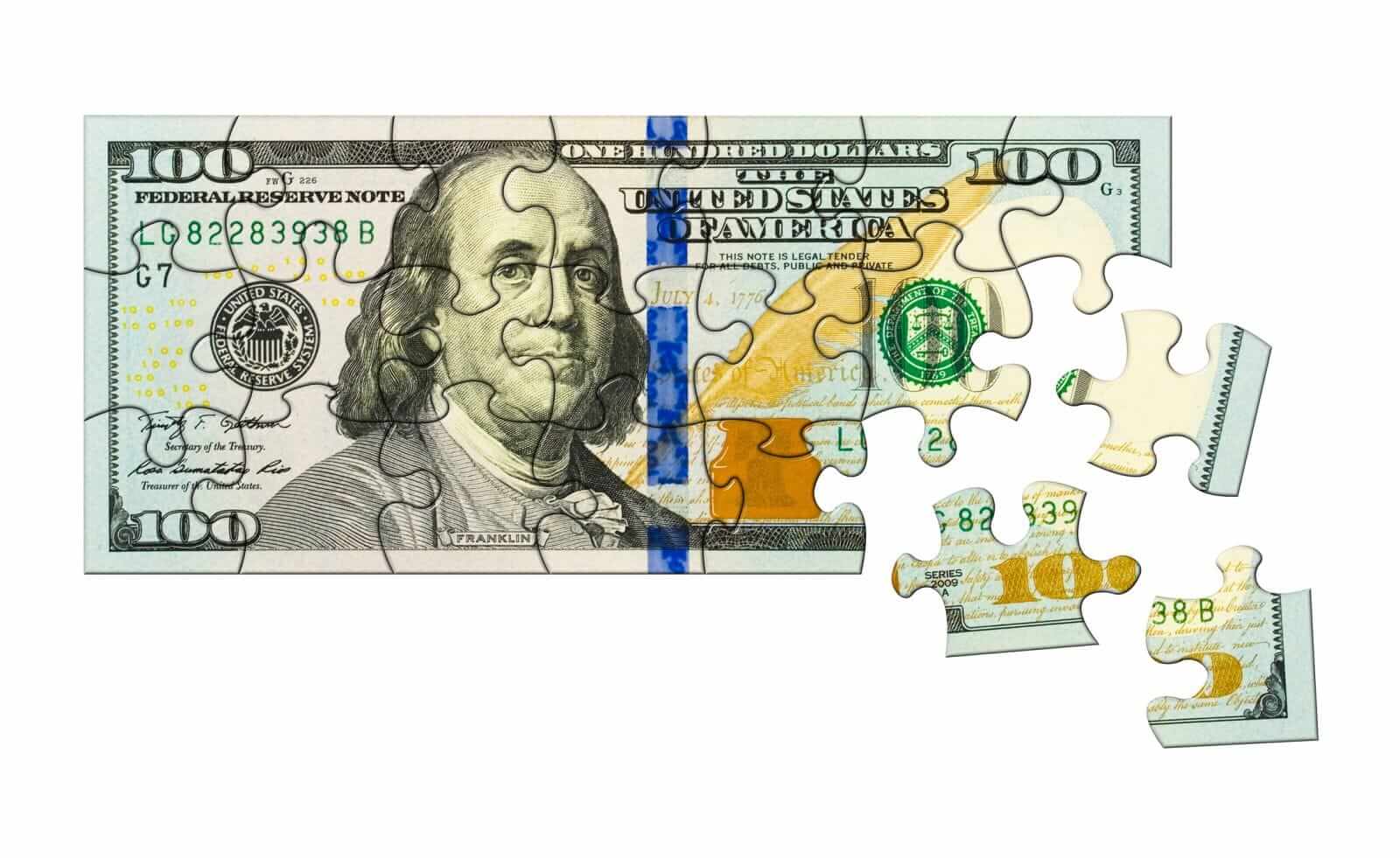
The dollar index (DXY00) Thursday rose by +0.26%. The dollar moved higher Thursday on signs of US economic strength after weekly jobless claims fell more than expected, and Q2 GDP was revised higher on strength in consumer spending, a hawkish factor for Fed policy. The weakness in the euro also boosted the dollar after EUR/USD fell a 1-1/2 week low when German Aug CPI rose less than expected and after dovish ECB comments knocked the euro lower. Gains in the dollar were limited after US Jul pending home sales unexpectedly declined.
US weekly initial unemployment claims fell -2,000 to 231,000, showing a slightly stronger labor market than expectations of 232,000.
US Q2 GDP was revised upward to +3.0% (q/q annualized) stronger than expectations of no change at +2.8%. Q2 personal consumption was unexpectedly revised upward to 2.9% from 2.3% versus expectations of a downside revision to 2.2%. The Q2 core PCE price index was revised downward to +2.8% q/q from +2.9% q/q.
US Jul pending home sales unexpectedly fell -5.5% m/m, weaker than expectations of +0.2% m/m.
The markets are discounting the chances at 100% for a -25 bp rate cut at the Sep 17-18 FOMC meeting and at 33% for a -50 bp rate cut at that meeting.
EUR/USD (^EURUSD) Thursday fell by -0.36% and posted a 1-1/2 week low. The euro was under pressure Thursday from weaker-than-expected German Aug consumer prices, a dovish factor for ECB policy. Also, comments from ECB Governing Council member Patsalides weighed on the euro when he said further ECB rate cuts are likely. A supportive factor for the euro was the increase in Eurozone Aug economic confidence to a 15-month high.
ECB Governing Council member Patsalides said if the ECB's projections "continue to materialize, there's nothing to prevent the Governing Council from reducing interest rates."
Eurozone Aug economic confidence rose +0.6 to a 15-month high of 96.6, stronger than expectations of 96.0.
German Aug CPI (EU harmonized) eased to +2.0% y/y from +2.6% y/y in Jul, better than expectations of +2.2% y/y and the smallest year-over-year increase in 3-1/2 years.
Swaps are discounting the chances of a -25 bp rate cut by the ECB at 100% for the September 12 meeting.
USD/JPY (^USDJPY) Thursday rose by +0.17%. The yen gave up an overnight advance Thursday and turned lower on strength in T-note yields. Also weighing on the yen was Thursday’s news that showed weaker-than-expected Japan Aug consumer confidence. The yen initially moved higher Thursday after Japan's Cabinet Office raised its monthly economic assessment for the first time in 15 months, a hawkish factor for BOJ policy.
The Japan Aug consumer confidence index was unchanged at 36.7, weaker than expectations of an increase to 37.0.
Japan's Cabinet Office said the Japanese economy in August recovered at a moderate pace, its first upgrade of the economy in 15 months.
Swaps are pricing in the chances for a +10 bp rate hike by the BOJ at 0% for the September 20 meeting and at +10% for the October 30-31 meeting.
December gold (GCZ24) Thursday closed up +22.5 (+0.89%), and September silver (SIU24) closed up +0.356 (+1.22%). Precious metals posted moderate gains on Thursday. An increase in US inflation expectations supports gold demand as an inflation hedge after the 10-year breakeven inflation rate rose to a 3-1/2 week high Thursday. Also, the safe-haven demand for precious metals remains strong due to tensions in the Middle East. In addition, fund buying of gold supports gold prices as long gold positions in ETFs rose to a 6-month high Wednesday. Silver prices garnered support Thursday from the upward revision to US Q2 GDP, a supportive factor for industrial metals demand.
Limiting gains in precious metals Thursday was a stronger dollar. Also, higher global bond yields Thursday were bearish for gold. A bearish factor for silver was Thursday’s report that showed an unexpected decline in US Jul pending home sales, a negative factor for industrial metal demand.
On the date of publication, Rich Asplund did not have (either directly or indirectly) positions in any of the securities mentioned in this article. All information and data in this article is solely for informational purposes. For more information please view the Barchart Disclosure Policy here.






